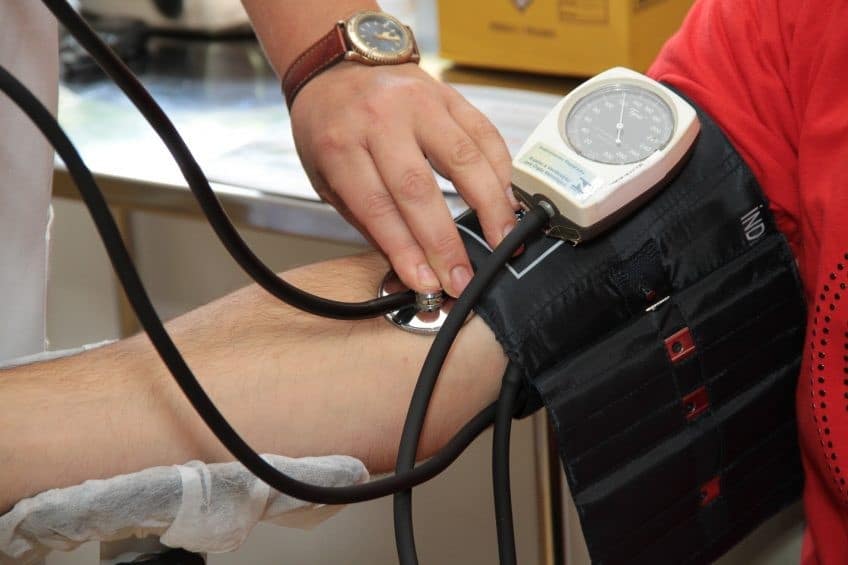Hospital “Anti-Dumping” Statute Transfer Case
Medical MalpracticeIn the case of Morejon v. Mariners Hospital, Inc., 41 FLW D1359 (Fla. 3rd DCA 6-8-2016)(Case Number 3D15-1711), the court held that section 395.1041, Florida Statutes (the so-called “anti-dumping statute” only requires that a hospital provide treatment regardless of the ability to pay and does not require a hospital to transfer a patient to a hospital that could provide more advanced medical treatment. In this case, Morejon went to the hospital with abdominal pain, which was later determined to be an emergency. The doctors made the decision to transfer Morejon to another hospital for more specialized care. However, the hospital that was requested to accept the transfer denied the transfer request and the original hospital did not attempt a second transfer of Morejon. The original hospital had its general surgeon perform an exploratory abdominal surgery while suffering from complications such as a spleen injury and cardiac arrest. Morejon sued claiming that the hospital failed to make a timely transfer despite his worsening condition.
Different Statutes Of Limitation Apply
Interestingly enough, Morejon could have sued for medical malpractice but did not because the applicable statute of limitations had already run. Therefore, Morejon attempted to sued under section 395.1041. Section 395.1041 only requires a general hospital which has an emergency department to provide emergency services and care for any emergency medical condition. It does not require such a hospital to make a transfer to a more advanced facility for further specialized care in an emergency. The purpose behind the “anti-dumping” statute is that hospitals with emergency departments are not allowed to decide which emergency patients they treat–they must take everyone with an emergency if they are operate an emergency department.
How EMTALA Applies
If Morejon had sued for medical malpractice, the theory would have had nothing to do with a transfer. Instead, the issue would have involved whether the general surgeon was qualified to perform the exploratory abdominal surgery rather than using an agreement with a more specialized surgeon appropriate to treat his condition to call in a consultation. In other words, hospitals are required to maintain certain specialties on call in order to maintain certifications as a trauma center or other applicable hospital certification. If the hospital (which is required by its certification to have a certain specialty on call and available) does not have the needed specialty available, then the hospital would be required under a malpractice standard to obtain the needed specialty consultant or find a transfer hospital to accept the patient. However, this obligation is triggered not by there being a “better” hospital to transfer the patient to but instead by a failure to have the required specialty available as it is supposed to do.
A Conversation With A Lakeland Medical Malpractice Attorney Can Be Very Helpful
If you or a loved one have a medical malpractice issue in Lakeland, Florida, please contact a Lakeland, Florida medical malpractice attorney for a free medical malpractice case evaluation.


